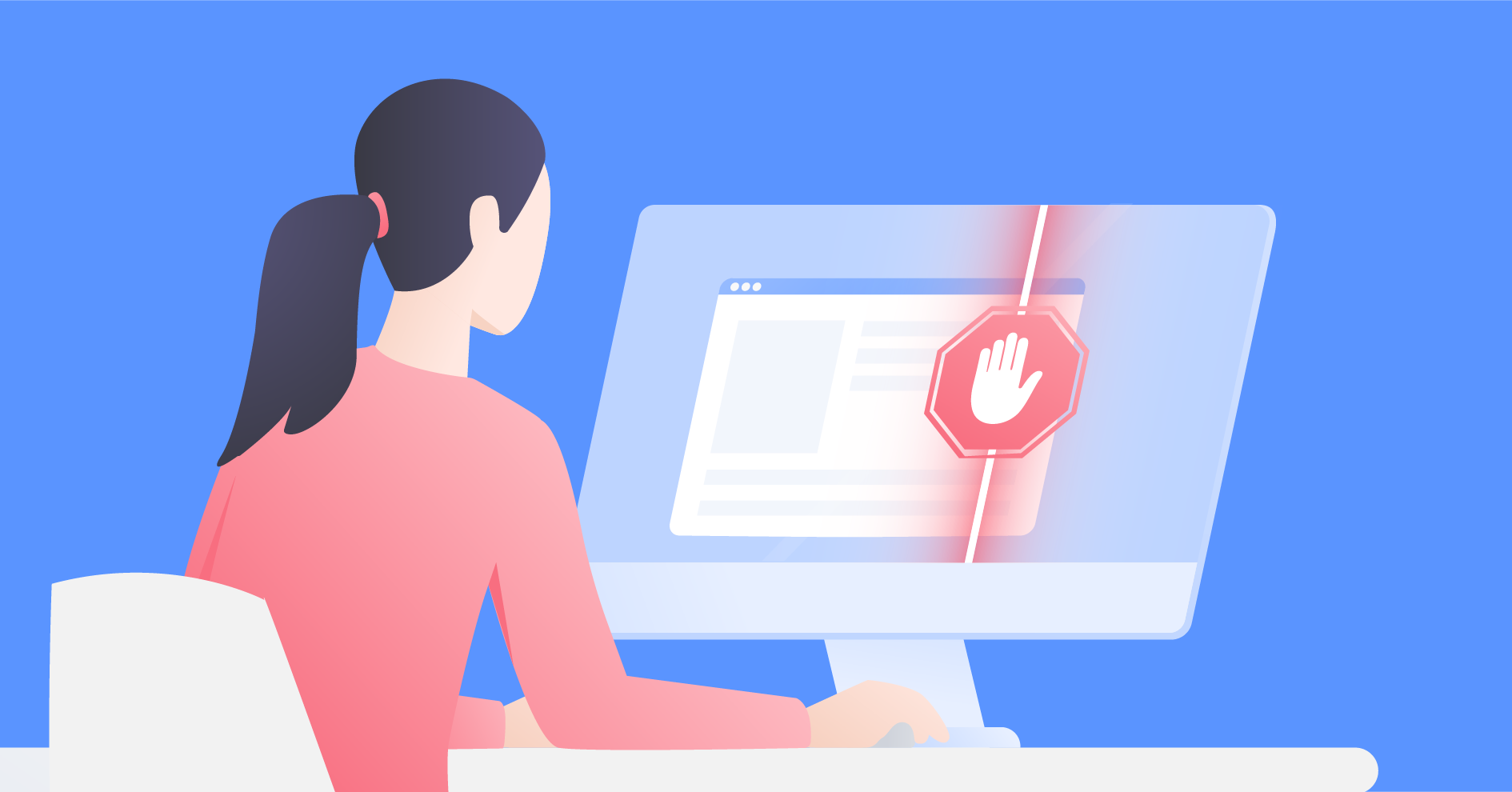Online habits

Who can see what you search for on the internet?
Whichever search engine or social media platform you use for your internet searches – Google, Bing, TikTok, or Twitter – your search and browsing history might be visible to others. Find out who can see what you search for on the internet and why they would want to know this information.
Mar 27, 2024
8 min read
Irma Šlekytė
Popular articles
Recent articles
Online threats

Apr 18, 2024
7 min read
Darknet market: What you should know about dark web marketplaces
